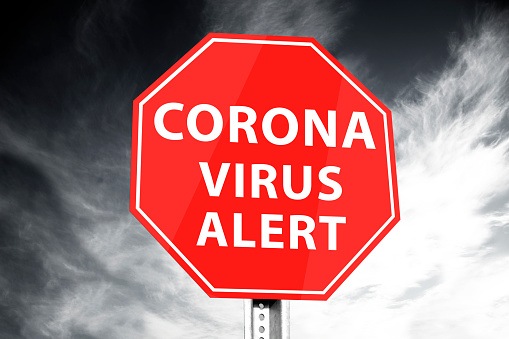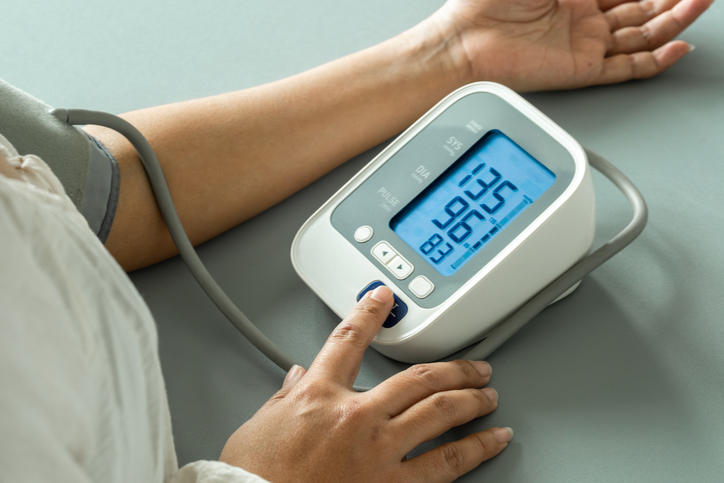
This COVID-19 edition of Cardio Round-up features some research on various cardiology-related topics being encountered during the pandemic.
Cardiac Injury and Death in COVID-19 Patients from Wuhan, China: A New Cohort Study
A new study out of Wuhan, China, looks at a cohort of 645 patients with cardiac injury who had laboratory-confirmed COVID-19. “Cardiac injury is a common condition among hospitalized patients with COVID-19 in Wuhan, China, and it is associated with higher risk of in-hospital mortality,” the researchers concluded.
https://www.docwirenews.com/docwire-pick/cardiology-picks/cardiac-injury-covid-19-wuhan-cohort-study/
What Cardiovascular Patients, Caregivers, and Health Systems Need to Know for the COVID-19 Pandemic
“Based on currently observed disease patterns, cardiovascular specialists will be actively engaged in the care of patients with COVID-19,” the authors wrote. “The infection may directly impact cardiovascular disease. Preexisting cardiovascular disease may predispose to COVID-19 infection. Those with CVD who are infected by the virus have an elevated risk of adverse outcomes, and infection, itself, is associated with cardiovascular complications.”
https://www.docwirenews.com/docwire-pick/cardiology-picks/covid-19-coronavirus-cardiovascular-disease-caregivers-patients/
Implantation Depth in TAVR Procedures Influences Outcomes Reporting: Study
Researchers for this study looked at various methods of determining implant depth for transcatheter aortic valves. “The OID was reached in <30% of TAVR procedures,” the authors concluded. “The various methods applied for implant depth calculation significantly influence the outcome reporting and do not allow a uniform perception of the implant depth.”
https://www.docwirenews.com/docwire-pick/cardiology-picks/implant-depth-in-tavr-procedures-influences-outcomes-reporting-study/
In Case You Missed It
The Impact of COVID-19 on STEMI Care in Hong Kong: One Hospital’s Experience
In this study, the authors observed changes in normal STEMI care time. Time from symptom-to-first-medical-contact was 318 minutes during the study time period compared with 82 minutes during office hours for the previous year, and 91.5 minutes during the non-office hours. “We found large delays in the small number of patients with STEMI seeking medical help after institution of these [COVID-19] infection control measures,” the authors wrote in their letter. “It is understandable that people are reluctant to go to a hospital during the COVID-19 outbreak, which explains the potential delays in seeking care.”
https://www.docwirenews.com/docwire-pick/cardiology-picks/covid-19-protocols-impact-on-stemi-care-delivery/







 © 2025 Mashup Media, LLC, a Formedics Property. All Rights Reserved.
© 2025 Mashup Media, LLC, a Formedics Property. All Rights Reserved.